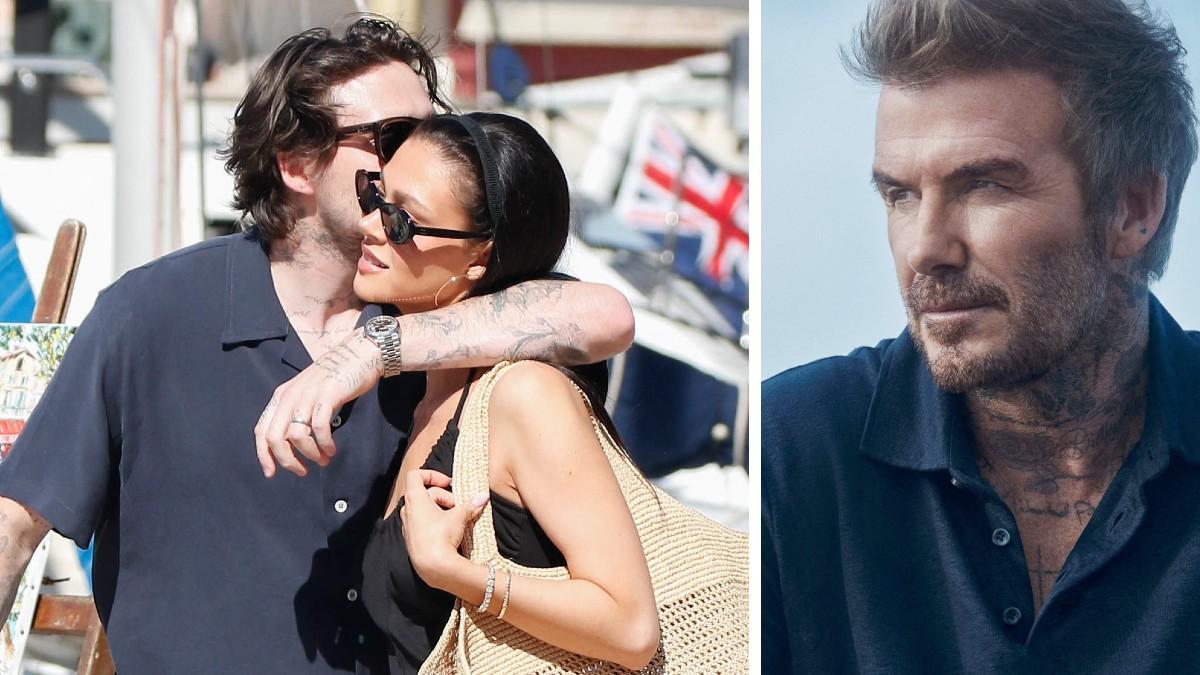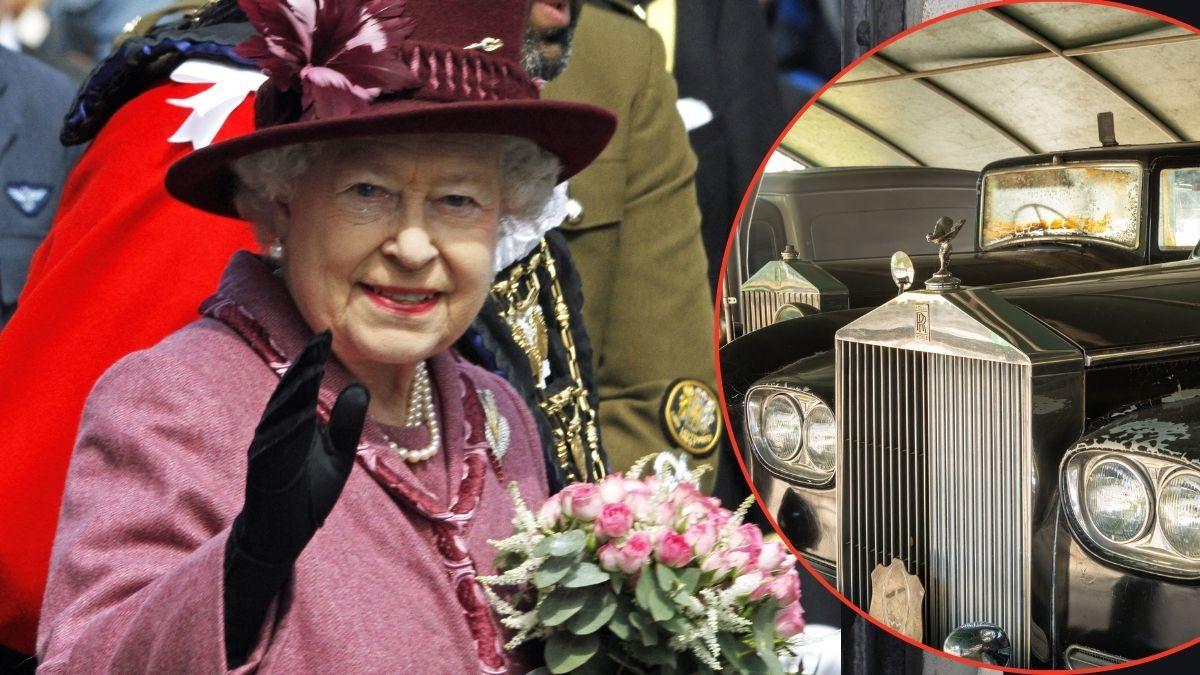EXCLUSIVE: How Ozzy Osbourne's Death Has Killed Off Rock's Wild Side — 'It's All Wellness, Smoothies and Bland Stadium Tunes Now'
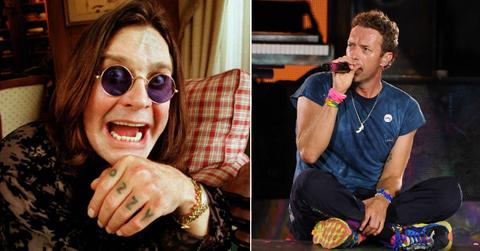
Did rock and roll die with Ozzy Osbourne?
Sept. 11 2025, Published 12:00 p.m. ET
Ozzy Osbourne's death not only marked the end of one of the wildest stories in music history – industry bosses tell RadarOnline.com it's also the final nail in the coffin of sex, drugs, and rock 'n' roll revelry.
Music experts say Osbourne was the last of a now-dead line of reckless musicians, who have now been replaced by "beige" bands and singers invested in wellness routines, smoothies, and stadium-friendly ballads.
Osbourne's Death Marks End of Rock 'n' Roll Era
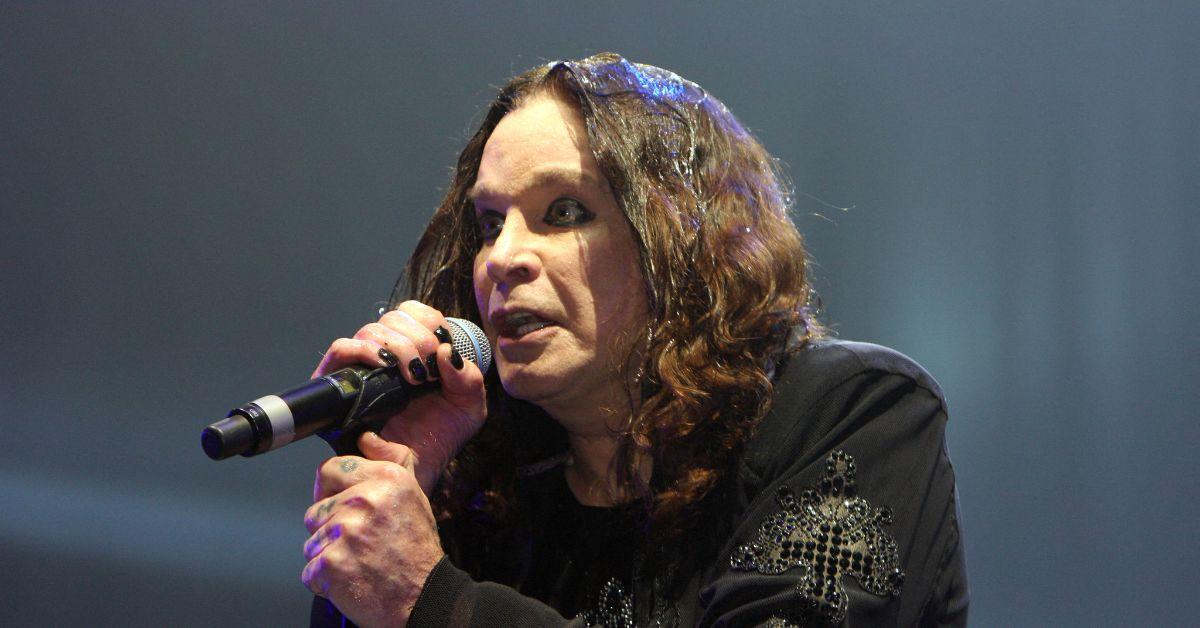
Osbourne's death has sparked claims rock 'n' roll is over.
Bat head-biting Black Sabbath frontman Osbourne, who died in July aged 76, embodied the archetype of the untamed rock star.
His chaotic life of drugs, alcohol, and notoriety defined a generation, from urinating on the Alamo to boasting he could find narcotics anywhere in 15 minutes.
An industry insider told us: "Ozzy would never have survived in today's woke world, and sadly, we are now faced with bland, beige shows and 'rockers' like Coldplay and Ed Sheeran, who are gargling throat remedies backstage and rambling on about wellness and mental health backstage.
"Their music and lives are bland. And the likes of the Rolling Stones, The Who and Oasis on stage is just to line their pockets. Their hellraising days are long gone – they are now a business. The likes of Ozzy are now dead forever. With his death, rock 'n' roll is truly dead."
The insider's pessimism is even seen in the writing of rock journalists. Reporters who once used to love writing about music's wild side now say it has no place in the industry.
One of them is Ian Winwood, who has just published his book Bodies: Life & Death In Music.
Author Ian Winwood's 'Bodies' Explores Rock 'n' Roll's Dark Side
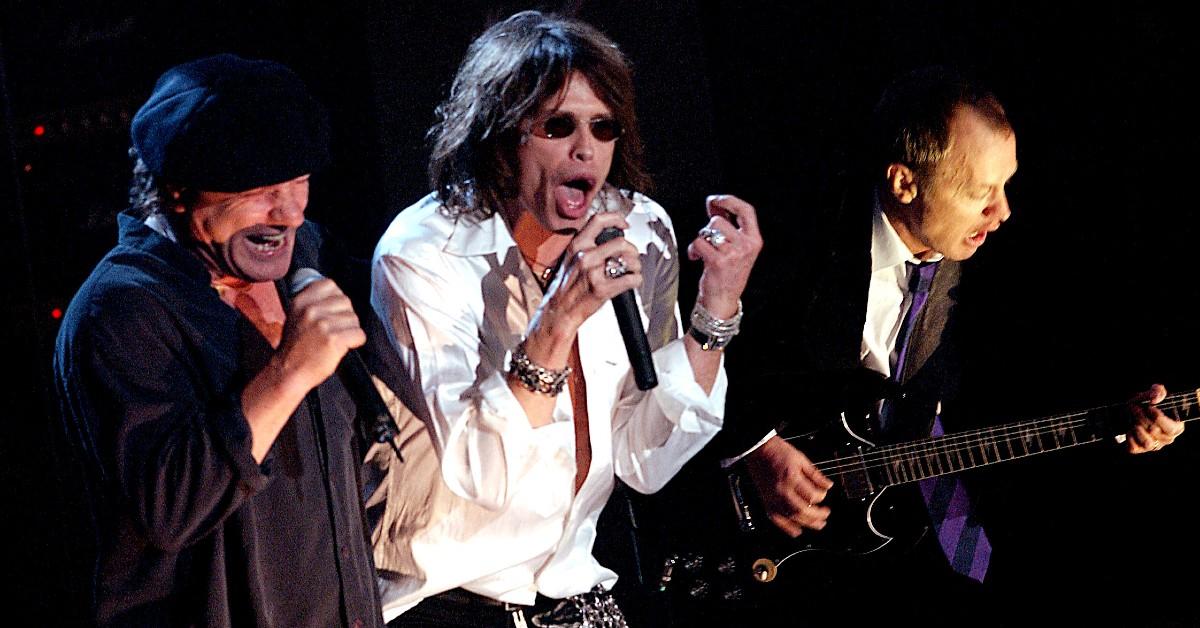
Journalist Ian Winwood recalled icons lost to drugs and booze in his new book.
A synopsis of the tome said: "In Bodies, the must-read music book of the year, Ian Winwood explores the music industry's many failures, from addiction and mental health issues to its ongoing exploitation of artists.
"Much more than a touchline reporter, Winwood's far-reaching story features first-hand access to artists such as Foo Fighters, Green Day, Trent Reznor, Biffy Clyro, Kings of Leon, Chris Cornell, Mark Lanegan and Pearl Jam, while also telling the story of his own mental health collapse, following the shocking death of his father, in which extinction-level behavior was given perfect cover by a reckless industry."
Winwood said: "For my book, I was spoilt for choice when it came to fallen icons who embodied the twisted mythology of hard rock 'n' roll. There was Bon Scott, from AC/DC, who died following a night’s hard drinking at the Camden Palace; or Phil Lynott, who passed away, aged 36, after too many years on too many drugs.
"I had Steve Clarke, from Def Leppard, who shortly before his passing, at age 31, registered a blood-alcohol level higher than that of Led Zeppelin drummer John Bonham. Bonham choked to death on his own vomit after drinking much more than a litre of vodka."
'Rock 'n' Roll Has Changed': From Ozzy to Ed Sheeran

Coldplay and Ed Sheeran have been branded 'children's entertainers.'
The rock reporter went on: "It's tempting to look at the lives of Ozzy and Clarkie and Bonzo and conclude that 'they' don't make them like this anymore. In their place stand wholesome British entertainers such as Chris Martin and Ed Sheeran, both of whom remind me a little bit of children's entertainers.
Certainly, today, musicians are more likely to talk about mental well-being than anything to do with penicillin shots and a deviated septum. For anyone wondering what that's all about, it's easy to believe that rock 'n' roll has changed for the worse.
"But I don't agree. I don't think that artists should have to die for my entertainment. I don't think that terrible addiction and dizzying dysfunctionality should be an accepted reality of life in the music business. I don't need it."
Winwood added the last time he interviewed Osbourne, "he told me that his recently acquired sobriety had not diminished his capacity to find drugs anywhere in the world inside of 15 minutes."
Excess & Addiction Defined Ozzy's Legendary Career

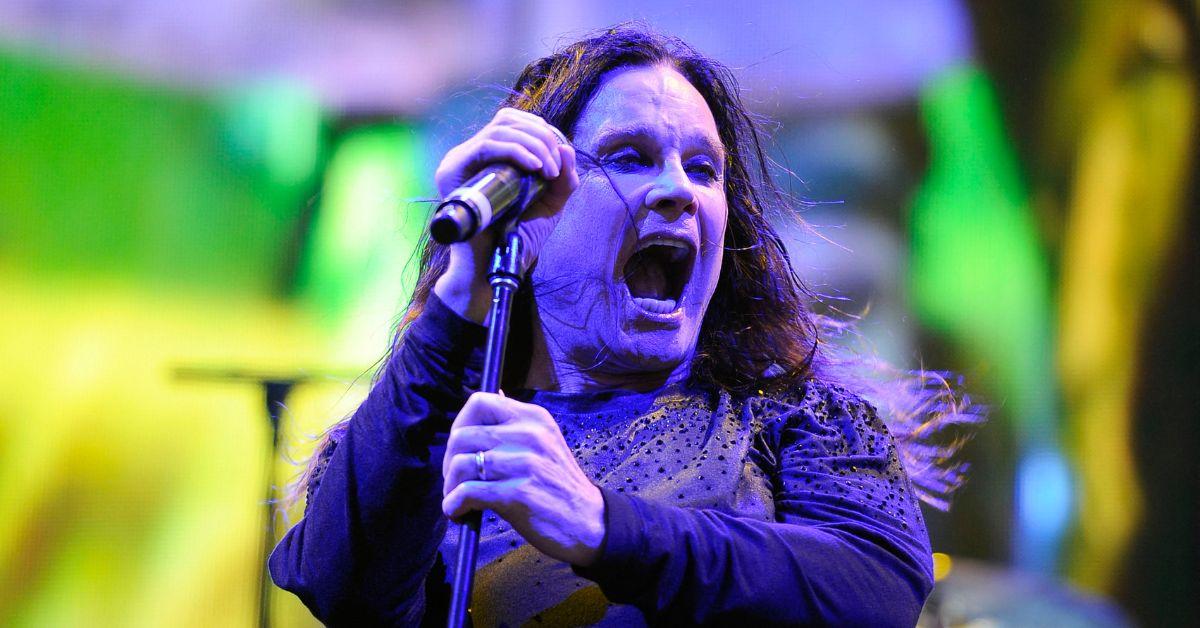
Osbourne was open about death in his memoir.
Osbourne once said: "Given the swimming pools of booze I've guzzled over the years – not to mention all of the cocaine, morphine, sleeping pills, cough syrup, LSD, Rohypnol… you name it – there's no plausible medical reason why I should still be alive."
He also said the industry never cared about his mental health.
Osbourne declared in 1986: "The agents and managers, they don't think of you as a human being. They think of you as a machine for making money. And if I say I feel tired this week, which I've been a lot lately… this last tour's really knocked me about.
"I've been feeling sick a lot. And I suddenly thought, 'Is this a way of life? Is this what I wanna be doing, at this level, for the rest of my life?'"
When asked why he didn't just give it all up, Osbourne replied: "Because I make money for everybody. I'm easily manipulated, and I hate to feel that I'm letting people down… it's like a boxer, like an addiction, you can never say no.
"I'm a very excessive man. I don't feel like I've done it unless I'm lying in a hospital with a drip sticking out of my arm: 'Hey, man, what a great tour!'"
